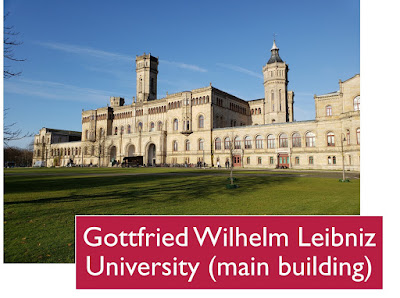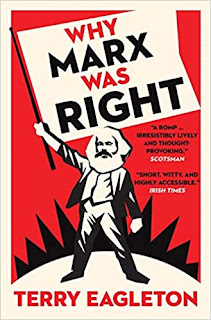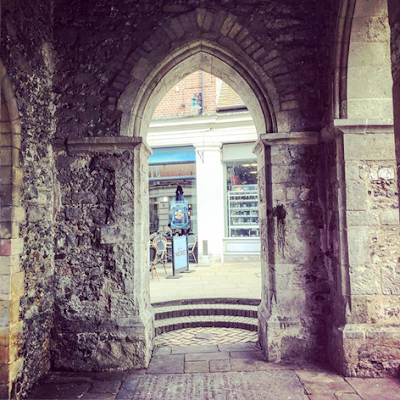Barth's "Göttingen Dogmatics" - §3: Deus Dixit (“God has spoken”)
We return to Barth’s first dogmatics lectures, and to the elaboration of one of his key theological concepts – both in this earlier period as well as throughout his later Church Dogmatics , although there it recedes into the background a bit despite continuing to be of foundational importance: Deus dixit , God has spoken. Karl Barth, The Göttingen Dogmatics: Instruction in the Christian Religion This is part 4 of a multi-part series, and you can find the series index here . I begin the audio recordings by reading Barth’s Diktatsatz , so I will begin reproducing that here as well. The bold is mine and indicates where I find emphasis: Christian preachers dare to speak about God. The permission and requirement to do so can rest only on their adoption of the witness of the prophets and apostles that underlies the church, the witness which is to the effect that God himself has spoken and that for this reason, and with this reference, they too must speak about God. This assum...



